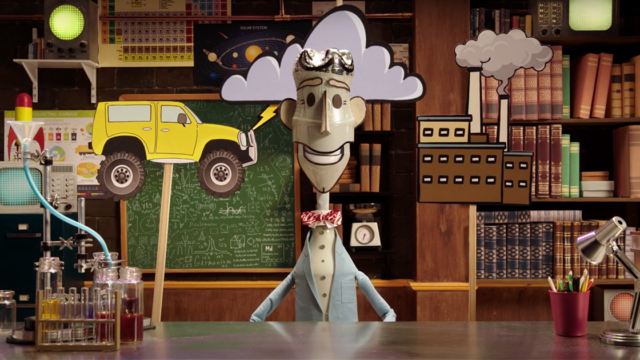“We are using Coca-Cola’s iconic and globally recognized logo to send a powerful message about recycling and to bring consumers along in the journey,” a spokesperson said. “The ‘Recycle Me’ campaign helps promote the idea that sustainability is a collective responsibility and to encourage recycling by all.”
The Cannes Lions Festival has implemented some sustainability efforts in recent years, including allowing awards entrants to include details related to the carbon footprint of a campaign’s development, production and distribution. Still, sustainability-related information isn’t yet incorporated into the scoring of different pieces of work.
“We know that the climate crisis is one of the most pressing issues that our industry and world faces today,” a spokesperson for Cannes Lions said. “Our commitment is that every edition of Cannes Lions will be the most sustainable it’s ever been.”
Climate activists argued that the campaign amounted to greenwashing by putting the responsibility of the brand’s single-use packaging back on the consumer, and by shifting focus away from the larger plastic pollution problem.
“The judges of these awards are experts in creativity and may benefit from collaborating with experts in other areas to make sure these projects reflect the best possible thinking on key sustainability questions,” Duncan Meisel, executive director at Clean Creatives, told ADWEEK.
Should cans even be crushed?
The message of the campaign seems to encourage consumers to crush the cans before recycling them—something that the U.S. EPA and recyclers advise against.
“Crushing cans can hinder the recycling process,” Katie Drews, co-president and CEO at Eureka Recycling, told ADWEEK. “We use mechanical processes that are designed to sort recyclables based on their size, shape, and weight. […] Cans that don’t maintain some of their natural dimensionality can be mistaken for—or get buried under—paper and other materials.”
That creates a twofold problem, she explained. First, it can lead to contamination in bales of the materials that flattened cans are mistaken for, and second, that means the municipal recycling facility (MRF) loses some of its most valuable material.
While recyclers like Eureka value the role brands can play in encouraging recycling through investments, packaging design and messaging, this campaign is an example of sustainability becoming “a strategic arm of marketing, rather than marketing being a strategic arm of sustainability,” Drews said.
Across the board, activists and sustainability-minded marketers told ADWEEK that wins like Coca-Cola’s support a growing sentiment that the ad industry at large isn’t taking the climate crisis seriously.


